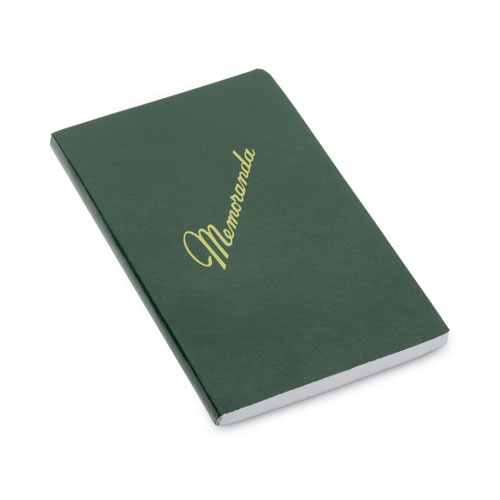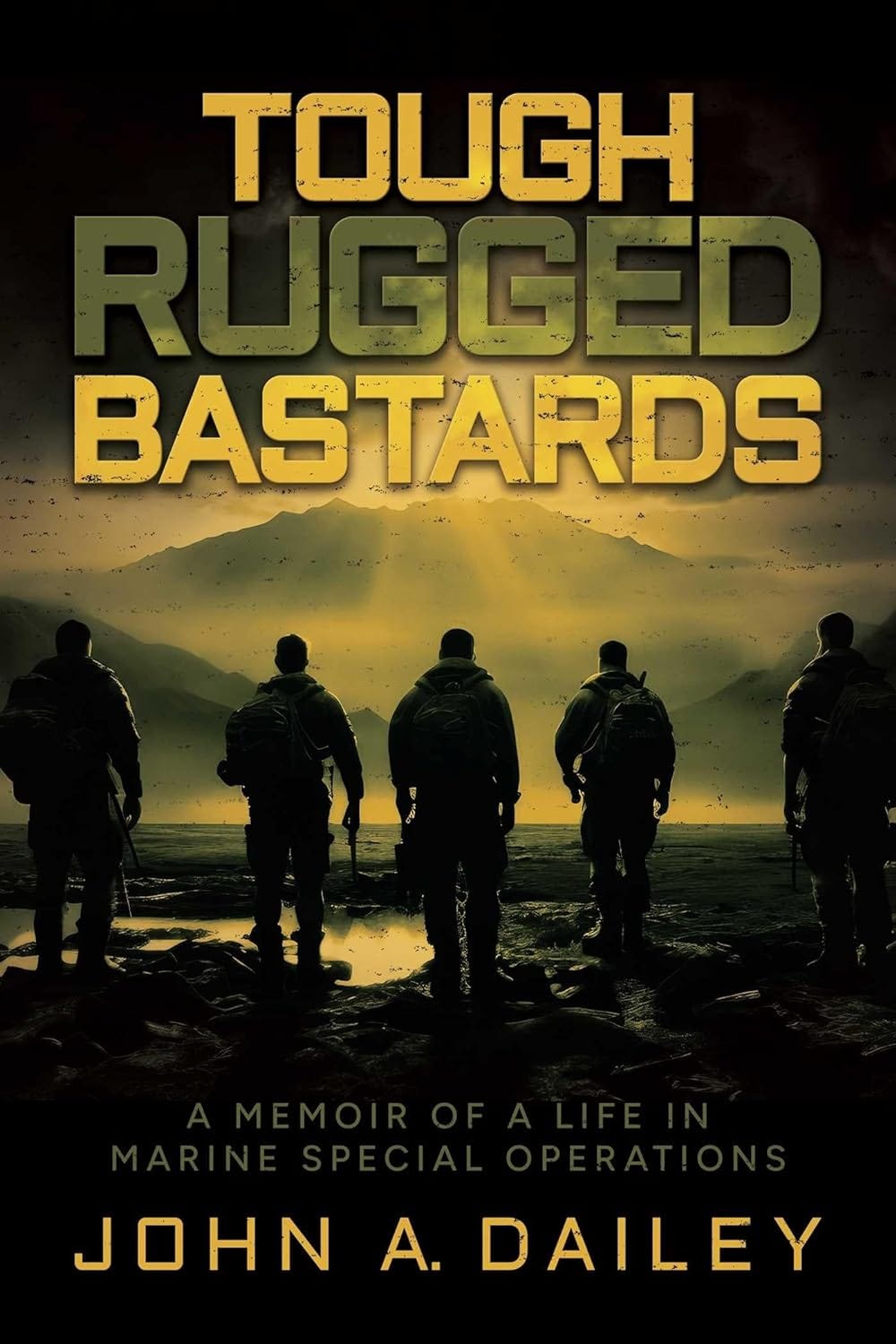On a reconnaissance mission, everything is important. Any piece of information gathered might save a life or tie together with another piece of information collected by another team to paint a clearer picture of the enemy and their intentions.
Finding the location that an enemy force bivouacked for a night can tell a lot about them. By counting sleeping sites, it’s easy to determine the unit size. Indentations in the ground can identify the presence of crew-served machine guns. If they leave uneaten food, they are well-equipped; if they leave trash, they are undisciplined.
All of this information is noted and annotated in the patrol log, which is usually a small green notebook like the one above.
Upon return from a patrol, during the debrief, each team member would pull out their patrol log and map and review everything we learned in excruciating detail. From civilian activity to signs of enemy movement to changes to the map.
Often, the pieces wouldn’t be put together until the logs were examined. Once the details were reviewed the picture became clear.
We can do the same by keeping a daily patrol log. Track the things you want to track, identify the habits you want to start, and log the important and the seemingly trivial because if it isn’t in the log, it didn’t (or won’t) happen.
Tomorrow is National POW/MIA Recognition Day. If you are in the NCR you can register to attend a wreath laying ceremony with the Navy and Project Recover here:
If you haven’t read Tough Rugged Bastards yet, what are you waiting for?
If you have, have you left a review on Amazon?
On my other, saltier substack, Ruck The F*ck Up, I’m getting back into the best shape of my life. If you are interested, come on over.
Thanks for reading. Until next time, keep Walking Point.




I love this. I started a daily work journal six years ago and it’s been an indispensable resource.